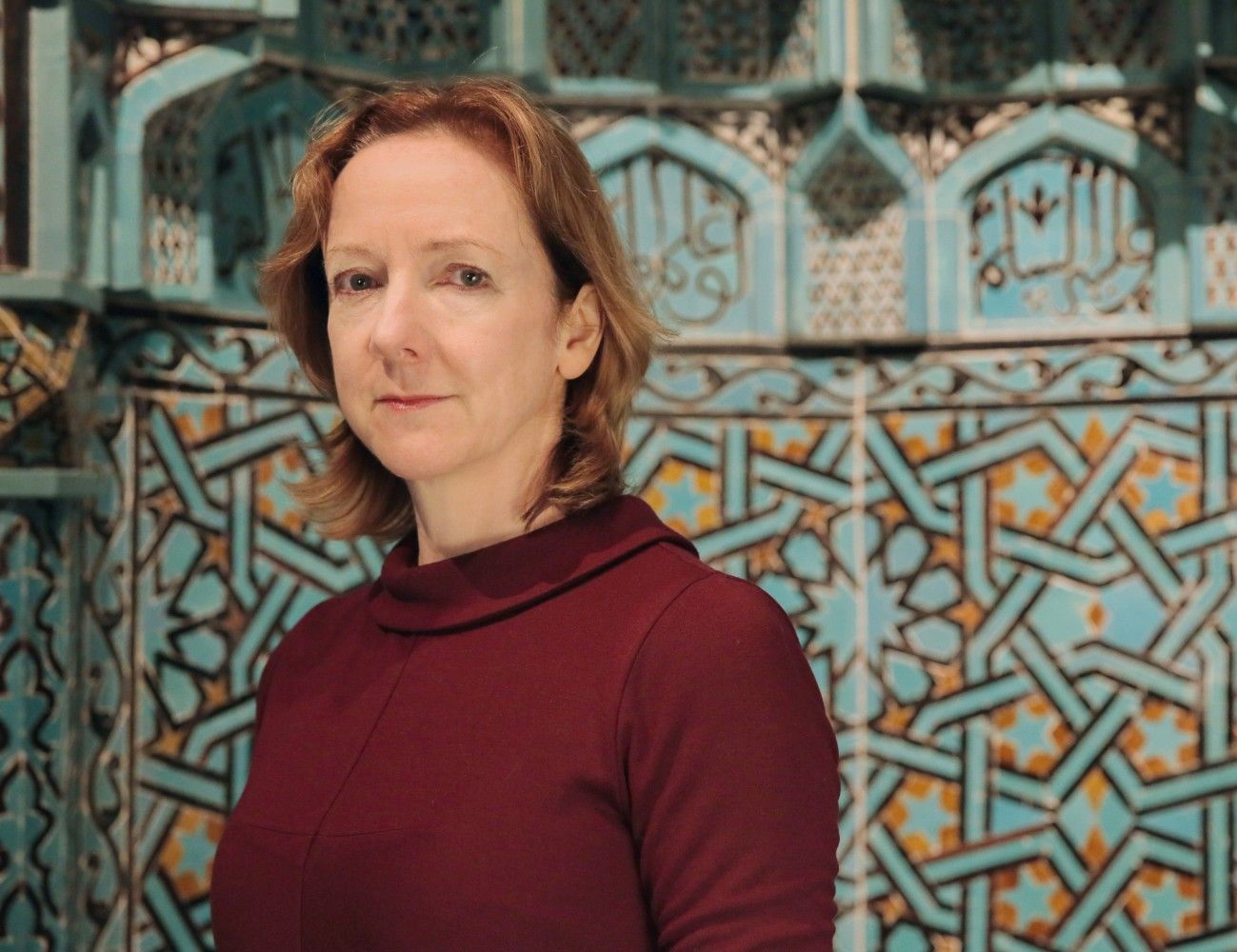Amsterdam German Studies Lecture: Sharon Macdonald (uitgesteld)
The Eye of the Storm. Museums in a Fractious Political Climate
| Activiteit van Duitsland Instituut Amsterdam |
|
|---|---|
| Datum: | donderdag 16 april 2020 om 17:00 uur tot 18:30 uur |
| Locatie: | Spui 25, Spui 25-27, Amsterdam |
| Informatie: | Voertaal: Engels. Aanmelding via www.spui25.nl |
| Toegang: | Gratis toegang |
Het zijn stormachtige tijden voor musea – in veel landen staan ze in het centrum van cultuurstrijd en publiek debat. Activisten bezetten zalen en eisen dat musea gezuiverd worden. Tentoonstellingen kiezen ‘gevoelige’ onderwerpen en stellen de eigen collectie ter discussie. Populisten verlangen dat musea terugkeren naar traditionele en nationale waarden. Directeuren worden ontslagen. Zelfs waar het rustig lijkt, zijn donkere wolken niet ver weg.
**English below**
Via vragen van dekolonisatie, restitutie, participatie en diversiteit gaat het in musea om de grote uitdagingen van deze tijd: globale relaties, verwerking van het verleden, culturele identiteit. Wat is nog de status van het verhaal van de natie? Hoe verbeeldt je huidige gemeenschappen, hun grenzen en hun heterogeniteit? Wie gaat er over de collectie? Hoe te reageren op politieke druk?
In deze lezing bespreekt de gerenommeerde sociaal-antropoloog Sharon Macdonald (Berlijn) de uitdagingen waar de wereld van de musea voor staat – onder andere aan de hand van het nieuwe Humboldt-Forum in Berlijn.
Paul Knevel, docent Publieksgeschiedenis aan de UvA, geeft commentaar. De discussie wordt geleid door Dr. Krijn Thijs (Duitsland Instituut Amsterdam). Voertaal is Engels.
Deze lezing staat in de reeks Amsterdam German Studies Lectures, i.s.m. Goethe-Institut Amsterdam en Amsterdam School for Heritage, Memory and Material Culture.
Aanmeldingen lopen via SPUI25.
------------------------------------------
The Eye of the Storm. Museums in a Fractious Political Climate
Museums are at the centre of major contemporary public storms. Activists are occupying galleries and demanding that museums detox. Exhibitions are tackling contentious topics and highlighting museums’ own problematic collecting histories. Populists are calling for museums to get back to upholding traditional and national values. Directors are being sacked. Even where things seem calm, turbulence is not far away.
As a major target of calls for decolonization and restitution, museums focus wider social and political debates about global relationships, responsibility for the past, and restorative justice. With their role of deciding whose culture and history should be displayed and collected for the future, they play key roles in defining who is or is not included in public space and memory. Not only does this concern how much diversity is included in the national story, but also how diversity and citizenship are themselves imagined, and whether the story is national at all.
This lecture will look at various examples of recent and ongoing museum debates and developments – including the Humboldt Forum in Berlin – to examine ways in which museums are being positioned in the storms. It will ask how museums can provide eyes onto the unsettled conditions, and how they can act in the face of – and even tackle – adverse political weather.
Sign up via SPUI25.
This lecture is organized in cooperation with Goethe-Institut Amsterdam en Amsterdam School for Heritage, Memory and Material Culture.

